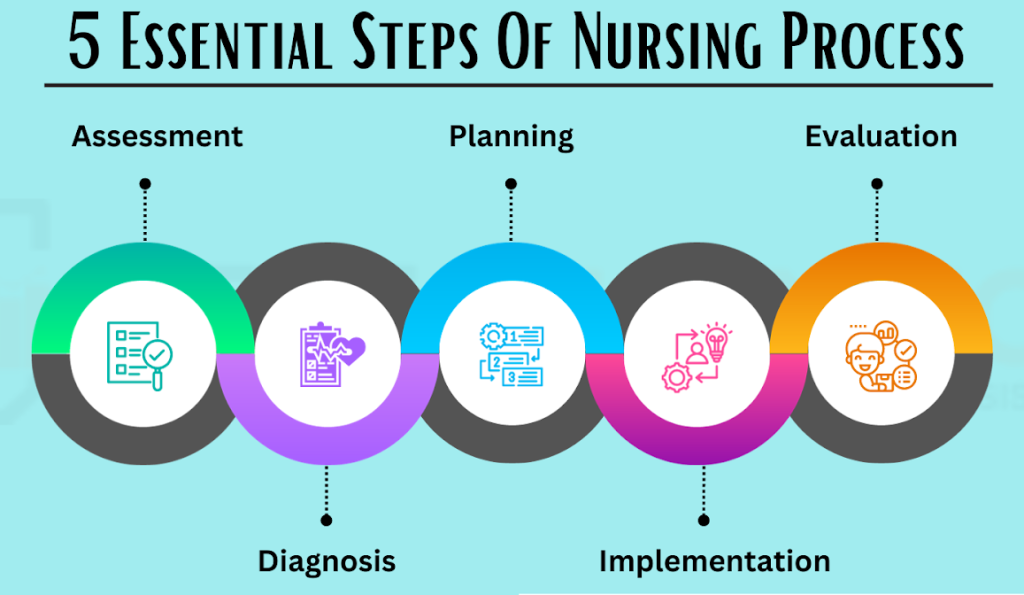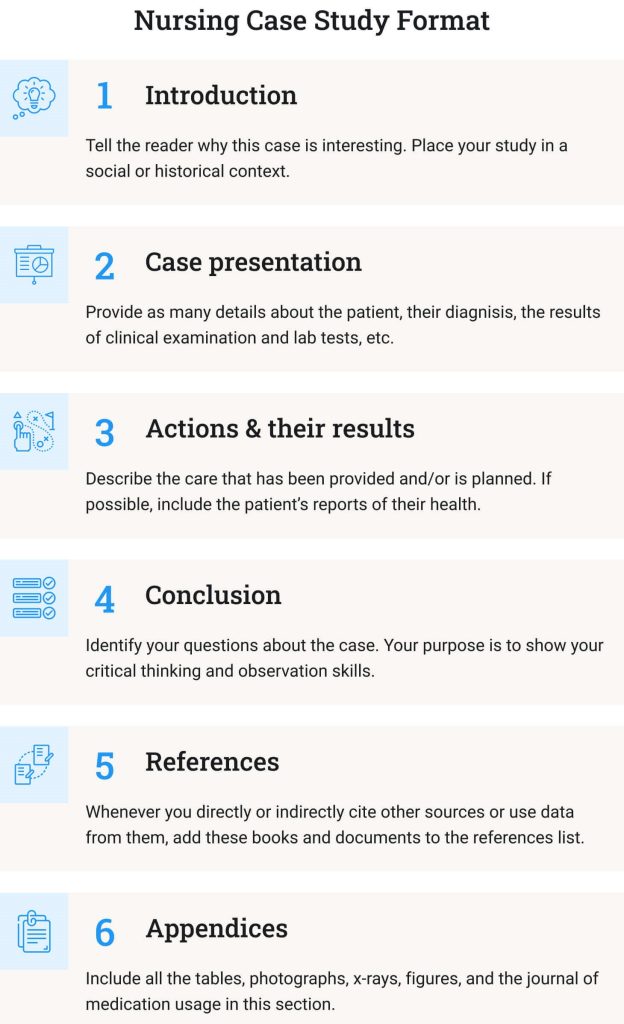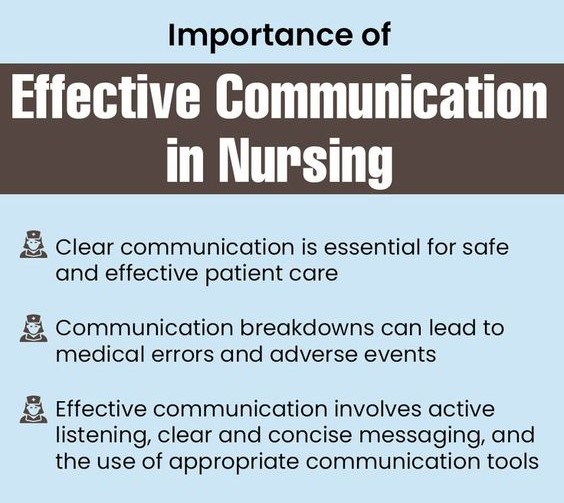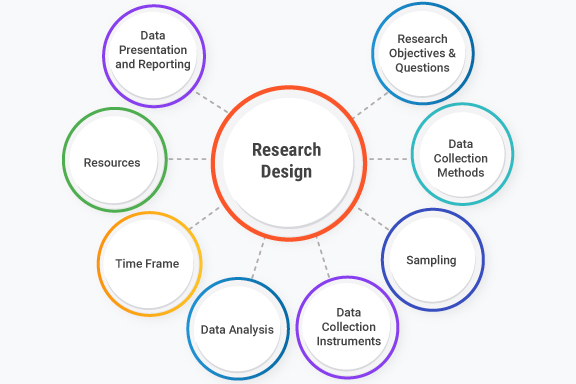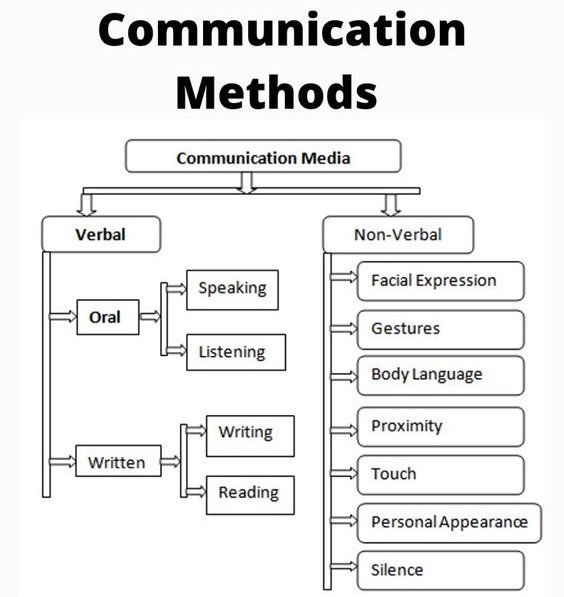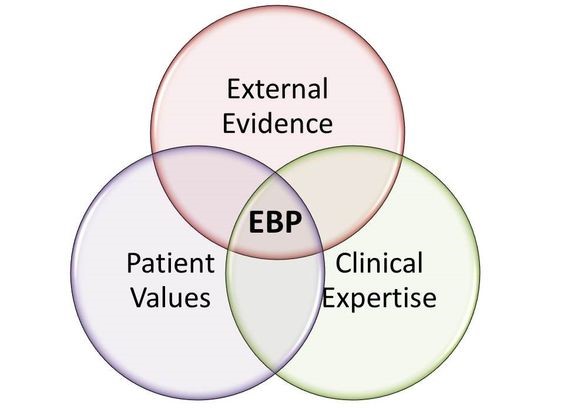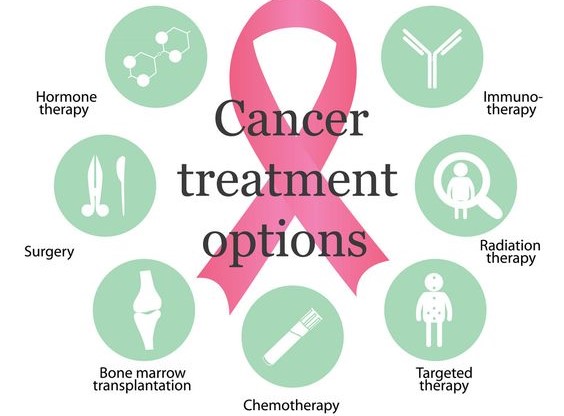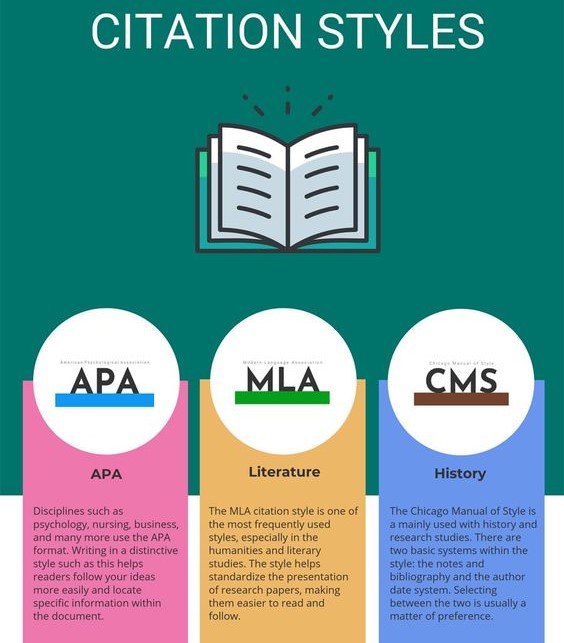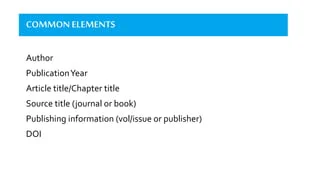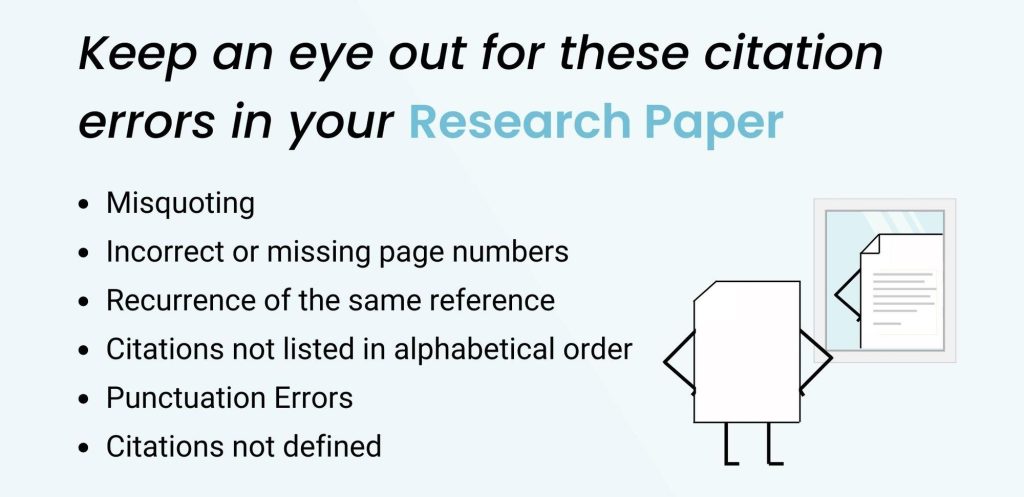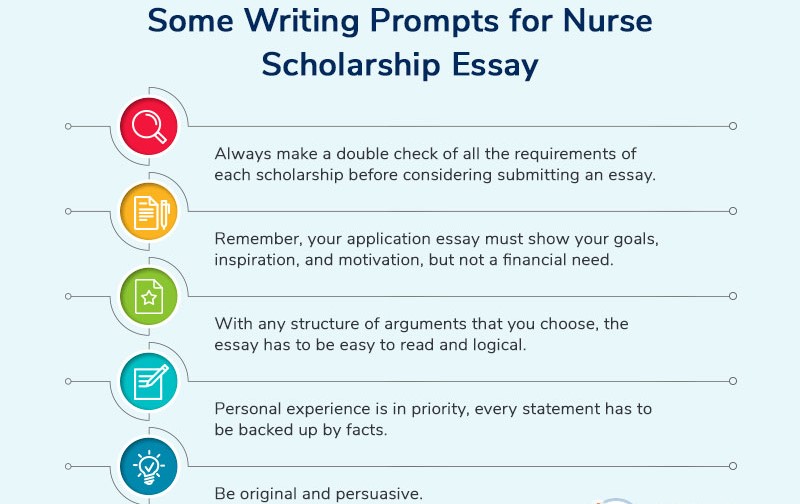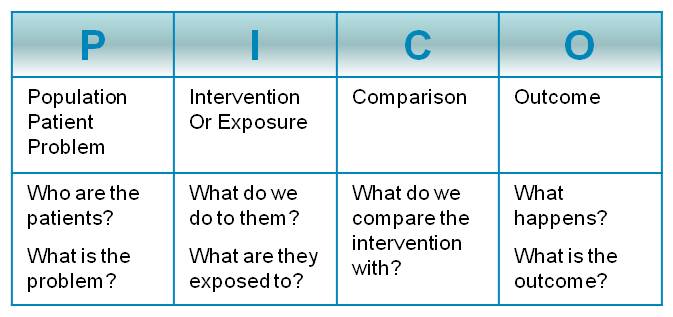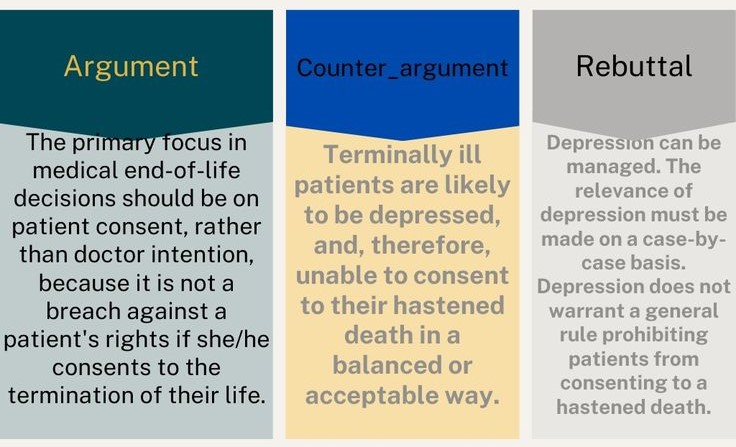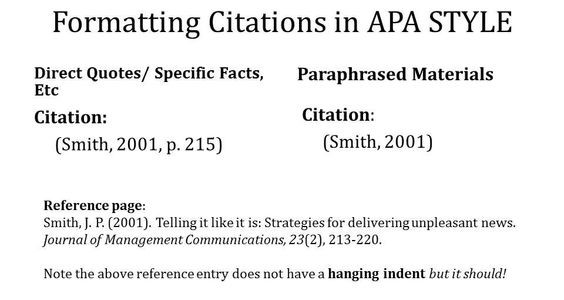
Table of Contents
A nursing case study on pediatrics is a powerful tool for learning and demonstrating your understanding of child health care. It allows you to delve into a specific clinical situation, analyze the patient’s condition, and explore the role of nursing interventions in promoting optimal outcomes. Writing a compelling and insightful nursing case study on pediatrics requires careful planning, meticulous research, and a strong grasp of the unique aspects of pediatric nursing.
This guide will provide you with a comprehensive roadmap to help you create a stellar nursing case study on pediatrics that will stand out.
The Essential Elements of Pediatrics
Pediatrics is a specialized field of medicine dedicated to the health and well-being of children from birth through adolescence. It encompasses a wide range of medical and developmental aspects, requiring a unique understanding of the unique needs and challenges faced by this population. Here are the essential elements that underpin the practice of pediatrics:
1. Growth and Development:
Understanding the complex processes of growth and development is central to pediatric care. This includes:
- Physical Growth: Tracking weight, height, and head circumference to assess a child’s physical growth and identify potential problems.
- Cognitive Development: Recognizing milestones in language, reasoning, and problem-solving to identify developmental delays or disorders.
- Social-Emotional Development: Assessing social skills, emotional regulation, and attachment to identify potential psychosocial issues.
2. Unique Physiological Differences:
Children differ significantly from adults in their physiology, impacting how they respond to illnesses and treatments. Key considerations include:
- Smaller Body Size: Children have smaller organs, thinner skin, and a higher body surface area, making them more vulnerable to dehydration, temperature changes, and infections.
- Immature Immune System: Children have a less developed immune system, making them more susceptible to infectious diseases.
- Rapid Growth and Development: Children experience rapid physical and cognitive changes, requiring adjustments in care and medication dosages.
3. Communication and Collaboration:
Effective communication is vital in pediatric care, involving:
- Communicating with Children: Using age-appropriate language, explanations, and visual aids to make them feel comfortable and involved in their care.
- Communicating with Families: Building trust and rapport with parents and caregivers, involving them in decision-making, and providing clear and comprehensive information.
- Collaboration with Other Professionals: Working effectively with physicians, nurses, therapists, and other healthcare providers to provide comprehensive and holistic care.
4. Patient-Centered Care:
Pediatric care prioritizes the child’s needs and preferences. This involves:
- Building Trust: Creating a safe and comforting environment for the child, using positive reinforcement, and offering age-appropriate distractions.
- Respecting Family Dynamics: Recognizing the importance of family involvement in the child’s care, respecting cultural beliefs and practices, and supporting family coping mechanisms.
- Promoting Play and Development: Integrating play into care, encouraging creativity and exploration, and providing age-appropriate activities to promote a sense of normalcy.
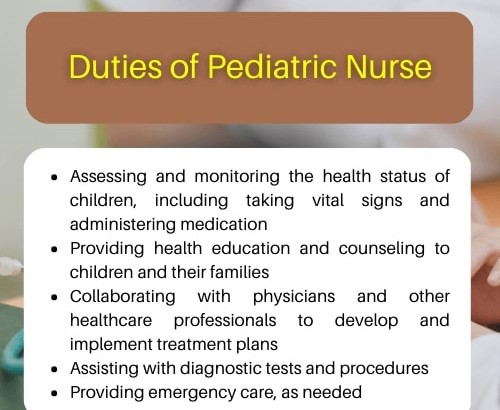
5. Specialized Areas of Pediatrics:
Pediatrics encompasses several subspecialties, addressing specific needs:
- Neonatal Care: Care for newborns, including preemies, who require specialized attention and monitoring.
- Infectious Disease: Diagnosis and management of common childhood illnesses and rare infections.
- Pulmonology: Diagnosis and management of lung conditions like asthma, bronchiolitis, and cystic fibrosis.
- Cardiology: Diagnosis and management of heart conditions, including congenital heart defects.
- Oncology: Care for children with cancer, including diagnosis, treatment, and supportive care.
- Neurology: Diagnosis and management of neurological conditions, including seizures, cerebral palsy, and brain tumors.
6. Integrating Essential Elements into Nursing Case Studies on Pediatrics:
The successful application of these essential elements is vital in the creation of a compelling and informative nursing case study on pediatrics. A well-crafted nursing case study on pediatrics will demonstrate a deep understanding of these principles and highlight how they are applied in real-life clinical scenarios. For instance, a nursing case study on pediatrics about a child with asthma could showcase how the nurse:
- Applies Knowledge of Growth and Development: Tailors their approach to the child’s age, cognitive abilities, and developmental stage.
- Acknowledges Unique Physiological Differences: Adjusts interventions to account for the child’s smaller body size and immature immune system.
- Demonstrates Effective Communication: Communicates with the child and their family in a clear, concise, and empathetic manner.
- Emphasizes Patient-Centered Care: Provides a safe and comforting environment, respects the child’s preferences, and integrates play into care.
By integrating these elements, a nursing case study on pediatrics can serve as a valuable learning tool for both students and practicing nurses, demonstrating the complexity and rewarding nature of pediatric nursing.
How to Write a Stellar Nursing Case Study on Pediatrics
1. Choosing the Right Case:
The first step in writing a stellar nursing case study on pediatrics is choosing a case that is both interesting and relevant. The ideal case will provide opportunities to showcase your understanding of key concepts in pediatric nursing. Here’s how to select the right case:
- Relevance: The case should be relevant to your course of study or your area of clinical practice. For example, if you are learning about childhood asthma, you might choose a case study involving a child with asthma.
- Interest: Choose a case that genuinely interests you. This will make the writing process more enjoyable and help you to produce a more engaging and insightful study.
- Complexity: Aim for a nursing case study on pediatrics with some complexity, allowing you to demonstrate your analytical and critical thinking skills. This could involve multiple health issues, ethical dilemmas, or challenging family dynamics.
2. Gathering Information for Your Nursing Case Study on Pediatrics:
Once you have selected a case, you need to gather all the relevant information to support your nursing case study on pediatrics. This might include:
- Patient History: This includes the child’s age, gender, medical history, family history, medications, allergies, and social history.
- Presenting Symptoms: Detailed information about the child’s presenting symptoms, onset, duration, and severity.
- Physical Examination Findings: A comprehensive description of the child’s physical exam, including vital signs, body systems review, and any abnormalities.
- Diagnostic Tests: Results from any laboratory tests, imaging studies, or other diagnostic procedures.
- Nursing Assessments: Detailed documentation of your nursing assessments, including pain assessment, vital signs monitoring, and observations of the child’s behavior and emotional state.
- Nursing Interventions: A detailed description of all the nursing interventions you provided, including medications administered, wound care, teaching, and patient education.
- Patient Outcomes: Record the child’s progress and response to nursing interventions. This might include changes in symptoms, vital signs, and overall well-being.
3. Developing a Clear and Concise Framework:
The structure of your nursing case study on pediatrics is crucial for clarity and coherence. Here’s a recommended framework:
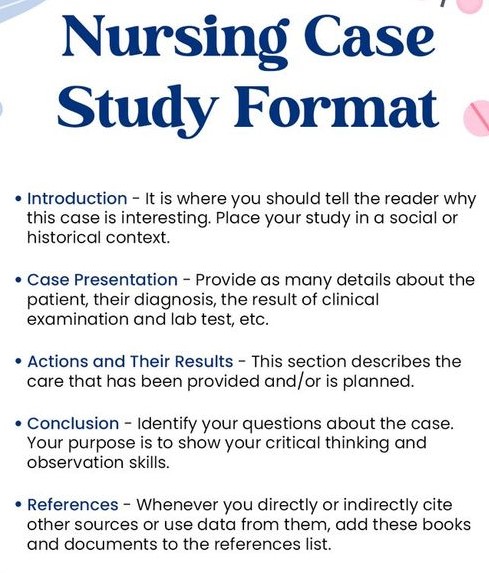
- Introduction:
- Briefly introduce the case: Include the child’s age, gender, presenting problem, and brief summary of the relevant medical history.
- State the purpose of the study: Clearly state what you hope to achieve through this case study.
- Outline the key concepts or nursing principles that will be addressed: Identify the main themes or areas of focus in your study.
- Background Information:
- Provide detailed information on the child’s history: Include medical, social, and family history relevant to the case.
- Explain the child’s presenting symptoms: Describe the onset, duration, and severity of the symptoms.
- Discuss the child’s physical exam findings: Provide a comprehensive description of the physical exam findings, including vital signs, body systems review, and any abnormalities.
- Nursing Assessment:
- Describe your nursing assessments in detail: This includes subjective and objective data, pain assessment, and other relevant observations.
- Analyze the child’s condition: Explain how the assessment findings support your diagnosis and nursing care plan.
- Nursing Diagnosis:
- Formulate nursing diagnoses based on your assessments: Use the NANDA-I (North American Nursing Diagnosis Association-International) taxonomy for standardized nursing diagnoses.
- Prioritize the nursing diagnoses: Determine the most urgent or critical nursing diagnosis based on the child’s condition.
- Nursing Interventions:
- Describe the nursing interventions you provided: Include medications, treatments, wound care, teaching, and patient education.
- Explain the rationale for each intervention: Justify your choices based on evidence-based practice guidelines and your understanding of the child’s condition.
- Discuss the expected outcomes of each intervention: Describe the desired effects of the interventions on the child’s health and well-being.
- Patient Outcomes:
- Describe the child’s response to nursing interventions: Include changes in symptoms, vital signs, and overall well-being.
- Evaluate the effectiveness of the nursing interventions: Assess whether the interventions achieved their intended goals and led to positive outcomes.
- Discussion and Reflection:
- Analyze the case study in detail: Discuss the key learning points and the application of nursing theory to clinical practice.
- Identify any ethical or legal considerations: Analyze the ethical and legal implications of the case and discuss your approach to these issues.
- Reflect on your own learning and practice: Discuss your personal reflections on the experience and how it has informed your understanding of pediatric nursing.
- Conclusion:
- Summarize the key findings of the case study: Briefly recap the main points of your study.
- Reiterate the purpose of the study and how it relates to your learning goals.
- Discuss the implications of the case for future nursing practice: Explain how the insights gained from this case study can be applied to other clinical situations.
4. Integrating Essential Elements for a Stellar Nursing Case Study on Pediatrics:
To make your nursing case study on pediatrics truly stand out, consider incorporating these essential elements:
- Evidence-Based Practice: Back up your nursing interventions with current research and evidence-based practice guidelines. Cite relevant sources to demonstrate your understanding of the latest advancements in pediatric nursing.
- Patient-Centered Care: Emphasize the importance of involving the child and their family in the care plan. Discuss how you ensured the child’s needs and preferences were considered in all aspects of their care.
- Cultural Sensitivity: Acknowledge and respect the cultural background of the child and their family. Consider any cultural influences that may affect their health beliefs and practices.
- Ethical Considerations: Discuss any ethical dilemmas that arose in the case and how you approached them. This might include issues related to informed consent, confidentiality, or end-of-life care.
- Communication and Collaboration: Highlight the importance of effective communication and collaboration with other healthcare professionals, the child, and their family. Describe your communication strategies and how you worked effectively with others to provide optimal care.
- Critical Thinking and Problem-Solving: Demonstrate your ability to analyze the child’s condition, identify potential problems, and develop creative solutions to address their needs.
5. Utilizing Resources and Avoiding Common Pitfalls:
- Resources: Utilize the vast resources available to you. Consult textbooks, scholarly articles, professional journals, and reputable online sources like the National Institute of Health (NIH) and the World Health Organization (WHO) to ensure the accuracy and reliability of your information.
- Avoiding Pitfalls:
- Avoid oversimplification: Present a nuanced and comprehensive analysis of the case, avoiding simplistic explanations or generalizations.
- Maintain confidentiality: Protect the child’s privacy by using pseudonyms and avoiding any identifiable details.
- Proofread carefully: Ensure your writing is clear, concise, and free of grammatical errors.
6. Enhancing Readability and Impact:
- Engaging Language: Write your nursing case study on pediatrics with clear, concise language that is appropriate for your target audience.
- Visual Aids: Incorporate visual aids such as charts, graphs, and images to enhance the readability and impact of your case study.
- Case Presentation: If possible, consider presenting your nursing case study on pediatrics in a professional setting, such as a nursing conference or journal. This can provide valuable feedback and help you to reach a wider audience.
Examples of Nursing Case Studies on Pediatrics
- Case Study: A Child with Asthma: This nursing case study on pediatrics could focus on the assessment, diagnosis, and management of childhood asthma. It could explore the role of the nurse in educating the child and their family about asthma management, including medication administration, environmental triggers, and self-management strategies.
- Case Study: A Child with Diabetes Mellitus: This nursing case study on pediatrics could examine the nurse’s role in helping a child and their family manage diabetes
Mistakes to Avoid When Writing a Nursing Case Study on Pediatrics
- Confidentiality and Ethical Considerations: The nursing case study on pediatrics must prioritize patient confidentiality. Avoid using real names, dates of birth, or other identifying information. Always obtain informed consent from the patient’s parent/guardian if the case is based on a real patient.
- Lack of Comprehensive Assessment: A strong nursing case study on pediatrics requires a thorough assessment of the child’s physical, emotional, and developmental status. Don’t neglect key elements like developmental milestones, family history, and social support system.
- Ignoring the Child’s Perspective: Remember that the nursing case study on pediatrics is about a child. Incorporate the child’s perspective and understanding of their illness or situation, whenever possible.
- Oversimplification of Nursing Care: Avoid presenting nursing care in a superficial manner. The nursing case study on pediatrics should demonstrate a deep understanding of the complexities of pediatric nursing, including medication administration, infection control, pain management, and emotional support for the child and their family.
- Lack of Clear Goals and Outcomes: Every nursing case study on pediatrics should clearly state the expected goals and outcomes of the nursing interventions. This helps to demonstrate the impact of the nursing care provided.

Get Professional Nursing Case Study Writing Assistance
Crafting a compelling nursing case study on pediatrics can be overwhelming but, that does not mean you have to struggle with the assignment on your own. Engage Nursing Papers for professional nursing case study writing help. We can help you with choosing a powerful topic, writing the case study, proof reading, editing, and plagiarism check and removal. We can also help you with writing nursing research papers, essays and dissertations.



